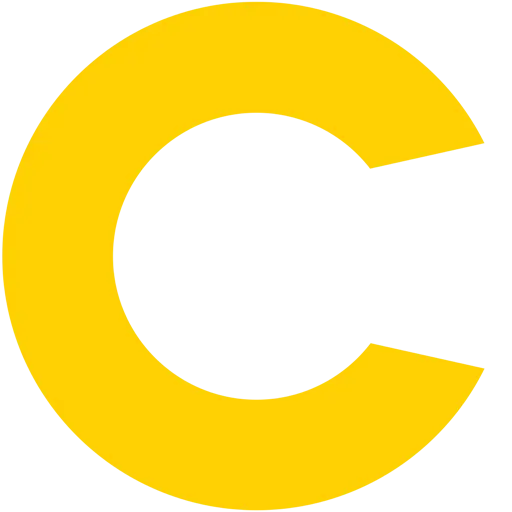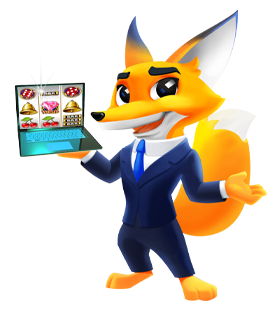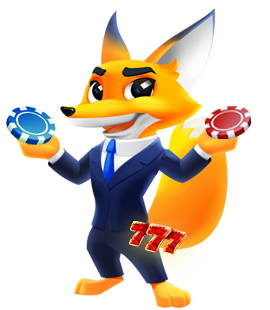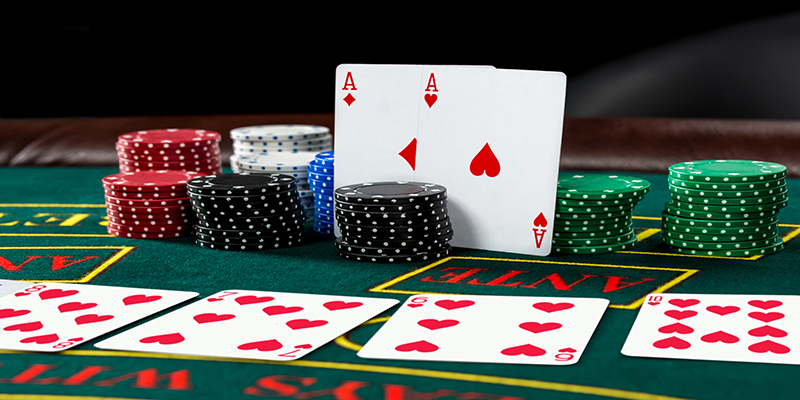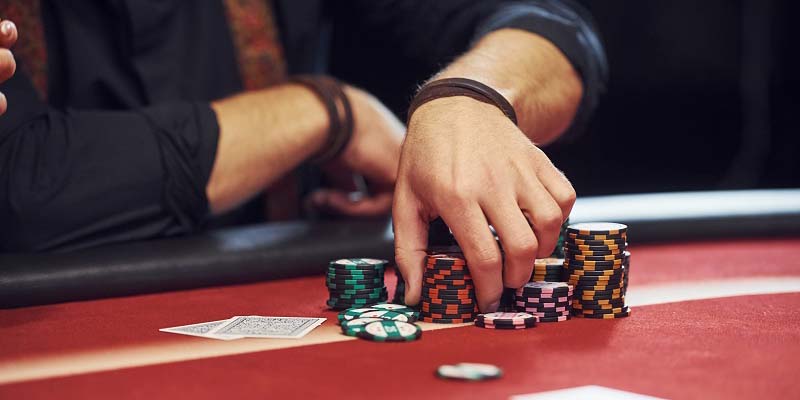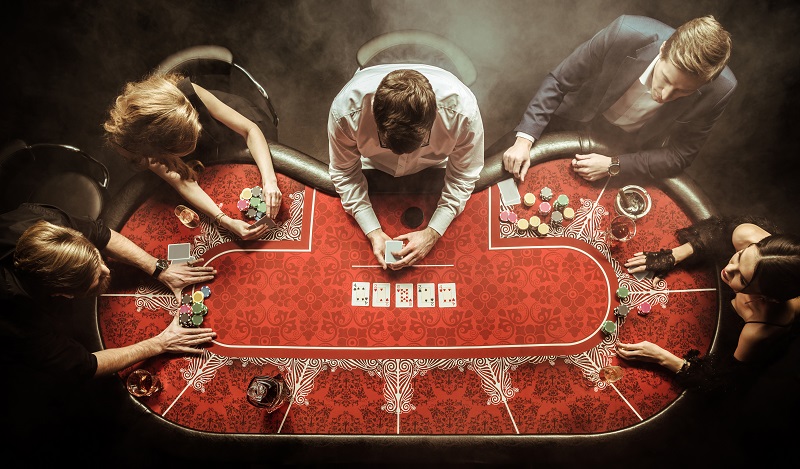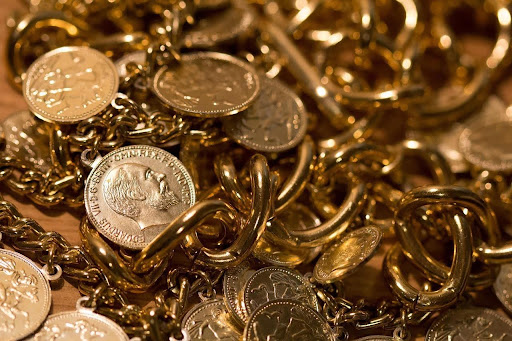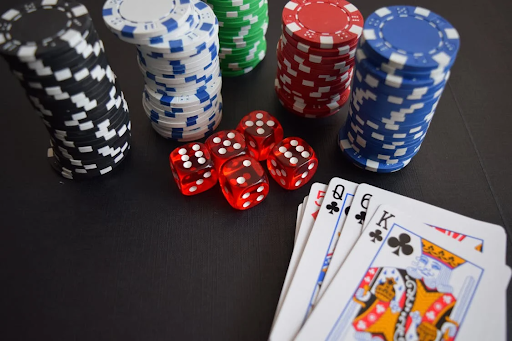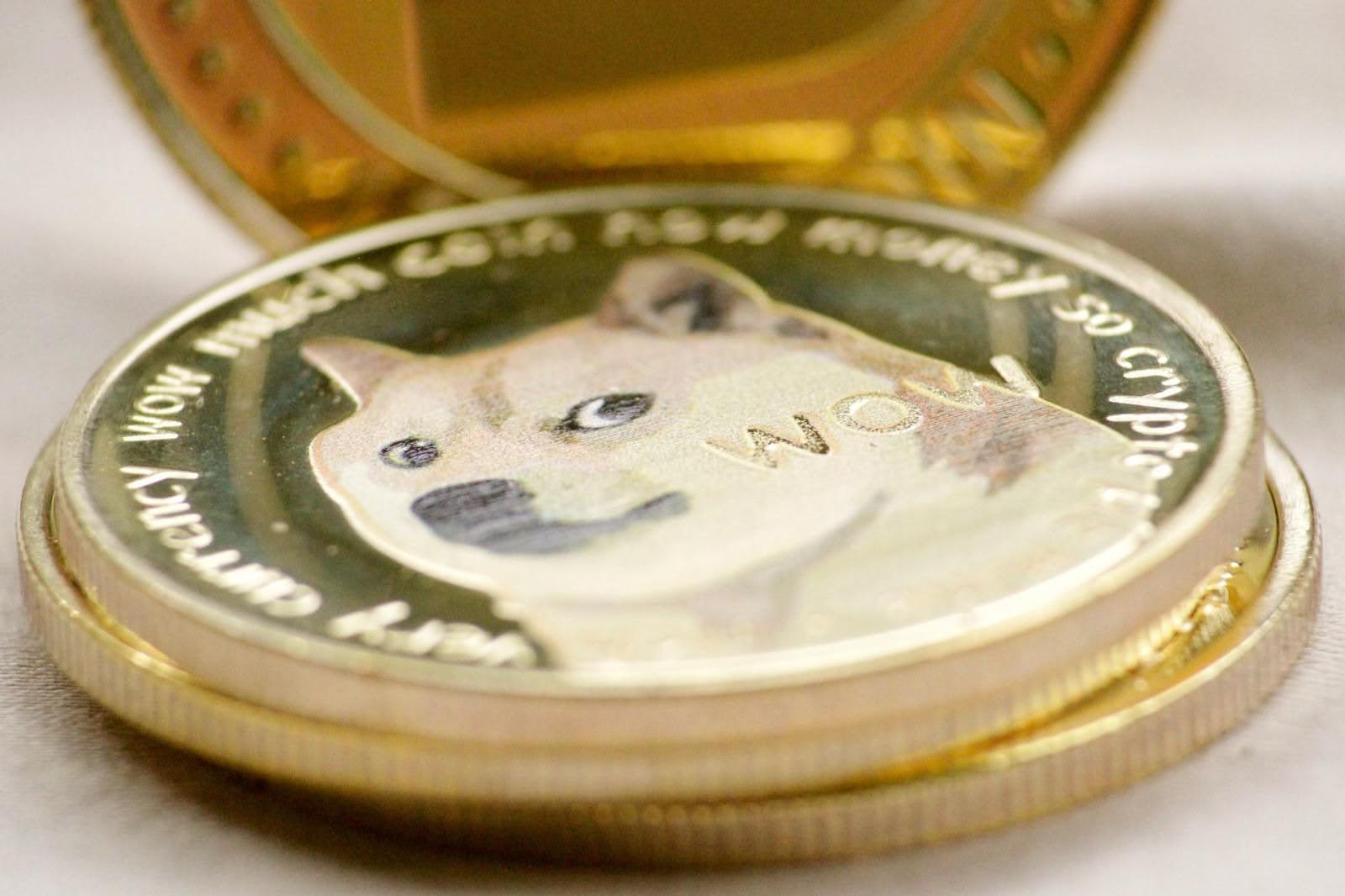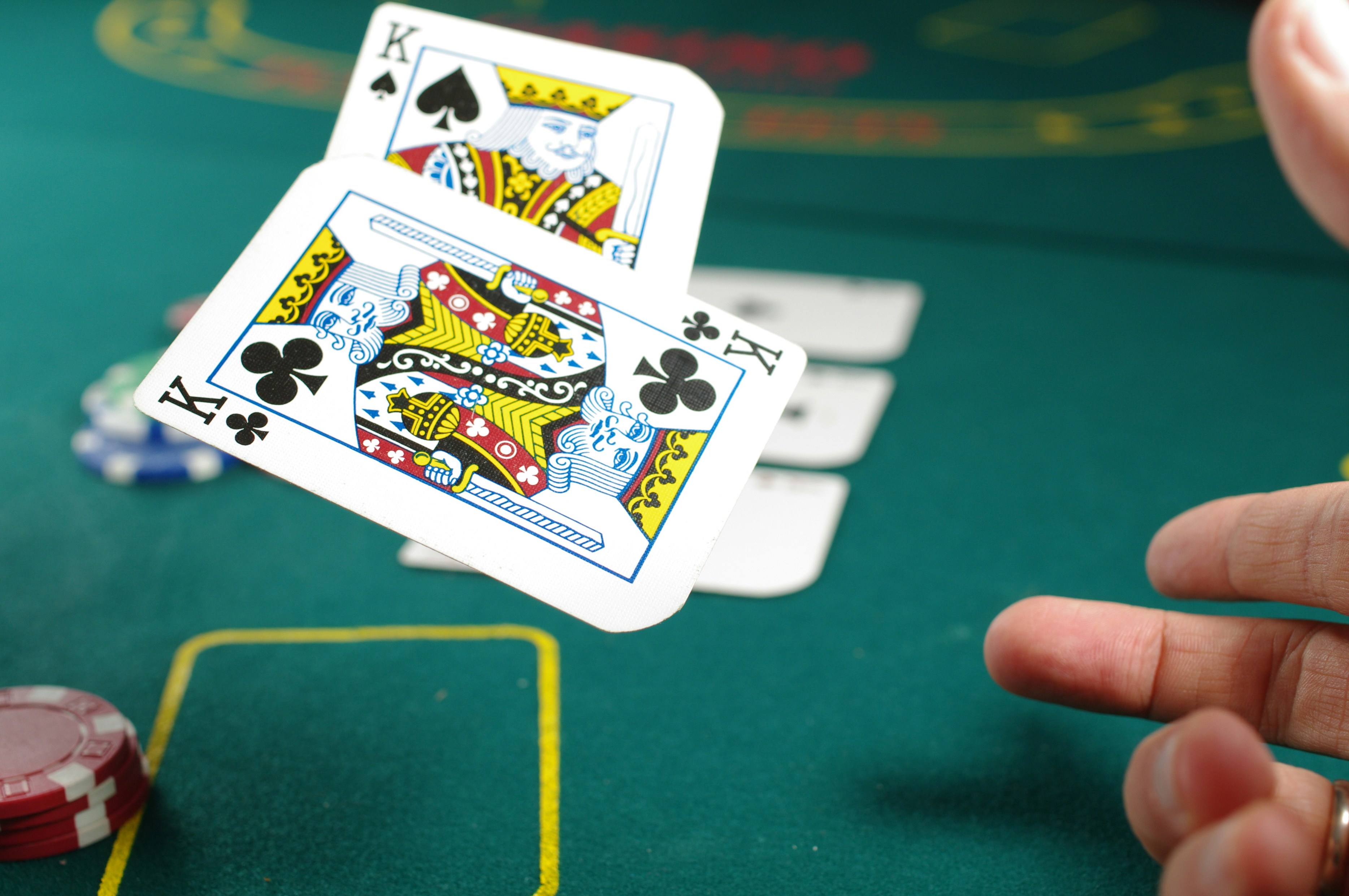What Is Angle Shooting In Poker? Detail Explanation
Angle shooting in poker has been the subject of several recent disputes. It is a contentious issue since there aren't usually clear criteria of what constitutes an angle shoot. If you're intrigued by the nuances and strategies of the game, understanding angle shooting is essential.
In this article, we delve into the concept of angle shooting in poker, exploring its definition, tactics, and its impact on fair play. Continue reading to enhance your understanding of angle shooting in poker.
What Is Angle Shooting In Poker?
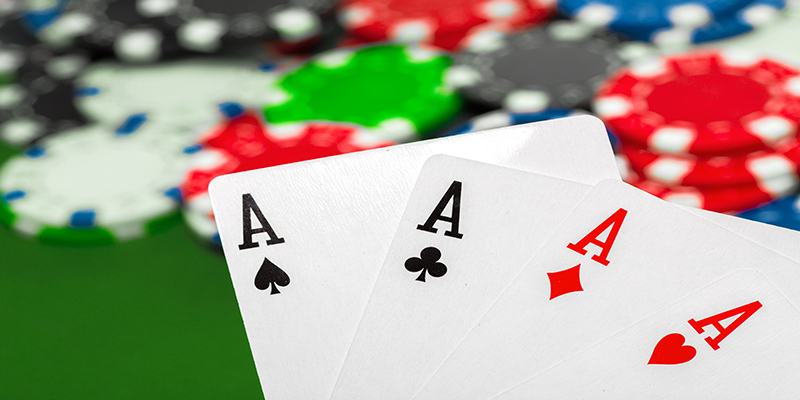
Poker is a game with precise rules designed to ensure a safe and fair atmosphere for all players, regardless of their experience. While a more skilled player will typically win against a less skilled one, they must all follow the same rules.
However, because poker is a complicated game with numerous variables, the rules cannot cover every single scenario that may occur at the tables. There is a rather significant gray zone where the regulations aren't quite explicit enough, allowing for angle shooting.
Angle shooting in poker is simply doing dubious or unethical actions, but not absolutely outside the rules, to get an advantage over another player. It occurs when a player makes an action to benefit oneself by fooling other players or infringing an unwritten game regulation.
"Angle shooting in poker refers to the use of unethical tactics and deceptive maneuvers to gain an unfair advantage at the table."
The concept of an angle shoot is also somewhat ambiguous since different individuals may disagree on what constitutes an angle shoot. That’s what makes this a matter of discussion.
While the technique is widely frowned upon by the community, many players are willing to take their chances on the razor's edge between what is and isn't permitted.
This article will introduce some of the most popular methods that fall into this category. However, the primary purpose isn't to teach you how to angle shoot but to safeguard you from people seeking an unfair edge.
Examples Of An Angle Shoot In Poker
Angle shots, string betting, concealing huge chips, pump fakes, simulating a misclick, and blatant lies are all possibilities of angel shooting on poker tables. All of these are unethical methods of gaining an advantage over your opponents. What are these various angle shots in poker, and why are they wrong? Read on to find out.
String Betting
String betting is a betting strategy in which someone bets on several moves.
For example, suppose a player throws $50 in the betting area and then another $100 right after the first $50 was confirmed by the dealer. String betting is prohibited for various reasons, the most important of which is because players can use it as an angle shoot. If you put down $50 and your opponent reaches for chips, you can put additional money in to persuade them to call a higher sum.
In this example, the player exaggerates their stake amount to manipulate their opponent's inclination to call. If they actually have a strong hand, that action would make their opponents lose more than they should have lost.
Taking this action is highly disrespectful since you intentionally attempt to dupe players into paying more than they are required to, according to your first stack. This is exceptionally manipulative and should never be attempted at a poker table. So, the suitable alternatives will be: make a big wager if you want the following player to call a huge bet.
Hiding Big Chips
Another prevalent tactic in tournaments and cash games is hiding large denomination chips beneath lower-value stacks. By doing so, the angle shooter deceives their opponents into assuming they have fewer chips than they have, which can hugely influence someone's strategy.
When playing poker, you must place your chips on the table and make them visible to all other players. When participating in a game requiring more fantastic denomination chips, ensure they are visible to everyone. When you have a limited number of high-value chips, concealing them gives your opponents an erroneous idea about your stack size.
Hiding your chips is unethical since you attempt to deceive players about how much money they are playing for. Most casino dealers will encourage players to keep their vast chips visible, but if they are properly hidden, it is not necessarily against the rules. When you call all-in, and the player shows a few $25 chips hidden beneath a stack of $5 chips, they may be warned, but you must still pay the whole amount.
This method is considered one of the most atrocious shooting angles. Actively concealing your chips to look shorter stacked, only to disclose them once an opponent has committed to calling your all-in action, is a scumbag play.
Unfortunately, you don't have much choice at this point. While the other player was expected to keep their vast denomination chips visible, the standard punishment was a slap on the wrist, maybe a few hands away from the table in a tournament and pretty much nothing in a cash game.
It hurts a lot when something like this occurs to you in a large tournament and ends up being the reason you bust. So be cautious, especially against guys you know have done this in the past.
Read more: Whale Gambling: Definition, Character & Gambling Locations
Pump Fake
Information is gold in poker, yet acquiring important information during a hand isn't always straightforward. As a result, some players may go to sneaky measures to elicit a reaction from their opponent, including breaking the rules. One of the most prevalent movements in this category is the pump fake.
This is when the angle shooter will pick up a stack of chips and advance them forward while holding them in their hand, as though a bet or a raise is being announced. At the last second, they'll draw the stack back and place it with the rest of their chips.
The primary purpose of this maneuver is to see how people respond. The player is pretending to call to determine if the player is pleased or dissatisfied with the call. Fake folding may be done in the same way. The angle shooter may pick up their cards and pump fake them, making it appear as if they are ready to fold, to watch how their opponent reacts.
Less experienced players may even fold their hands right away when they see the large stack of chips in their opponent's hand, giving the angle shooter a tremendous advantage. If their pump fake fails to produce the intended results, they will simply return the wager and rethink.
Different venues treat this maneuver differently. You won't be able to get away with this in certain spots since any forward motion with your chips will be binding. On the other hand, some casinos and poker rooms are less stringent and will not force the player to stay to their action.
Most casinos will not allow someone to get away with this in most situations when they know some players are using angel shooting methods. So, if you find yourself repeatedly at a table where this is happening, make sure you protest to the floor. Even if there isn't a precise regulation to address the issue, the casino will typically speak with the player and warn them that if they do it again, their fake pump stack behavior will be upheld.
The Fake Misclick
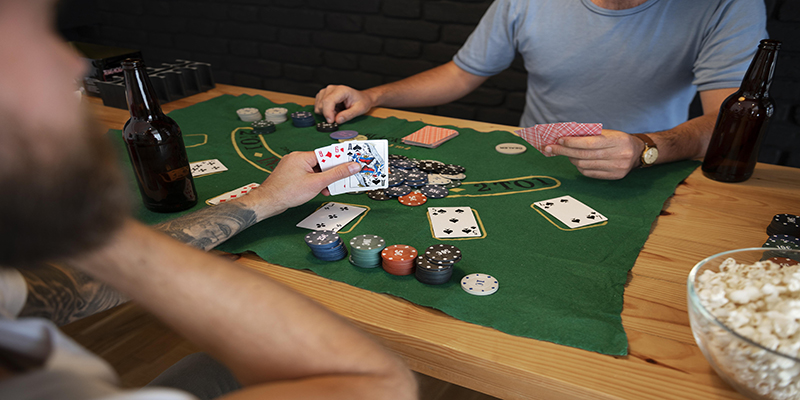
A "misclick" is a word used in poker to describe when someone makes a mistake in the amount they bet. The phrase originated in the online poker world, where fat finger mistakes may result in comically little or big bets, but it is now used in live poker when someone uses the wrong denomination or quantity of chips. Fake misclicks can provoke opponents into calling or raising absurdly huge stakes.
For example, suppose it's a 100/200 live event, and a player goes to raise preflop by stating "five" and puts in a 5,000 chip instead of a 1,000 or 500. They then look astonished or amazed, as though they wanted to raise it to 500 but "accidentally" upped it to 5,000. Angle shooters will use this motion to make it appear as though they opened huge by accident when, in fact, they have AA or KK, the strong pairs that can surely guarantee their edge over other players.
While not illegal, this is unethical. Trying to take advantage of other players by lying and manipulating them is not a good poker strategy. Using live tells is one thing, but blatant manipulation is not a viable strategy for gaining an advantage in live poker.
Lying (Sometimes)
In poker, lying is controversial since bluffing is a game feature, and bluffing is synonymous with lying to many people. Because poker is a game of incomplete information, misleading your opponents through your betting line is an essential component of the game.
The manner you play a hand may express strength or weakness, and exploiting that to your advantage as a bluff is not at all an angle shot. Players in their deceptions also use speech play. Some players think that talking during the game gives them an advantage, as they try to persuade their opponent to call or fold.
This method is not popularly used by most poker players. In today's game, most participants will keep mute in a large pot, but others will still rely on their ability with words to get an advantage.
There is no problem with lying in this situation. Pretending to be weak when you are powerful or claiming to be bluffing when you are not is all part of the game of verbal play. However, there are various moments when speech play becomes angle shooting.
The televised hand between Tony G and Phil Hellmuth on The Big Game is a notable example of employing verbal play and lying as an angled shot. Tony G is in the double straddle, and Phil raises to the pre-flop pot limit with AJ. Tony G immediately examines AK and re-pots it for more than two-thirds of Hellmuth's stack. Tony states he hasn't looked yet, and after being questioned, he insists he hasn't. AJ is excellent against a blind hand, so Phil goes all-in because he believes Tony. Tony G answers the phone and exposes the AK, to which Phil responds, "Oh, you lied." Tony responds with the typical "Of course, I lied. It’s poker, Phil!”
This hand is quite fascinating to see and raises an intriguing debate: is lying like this an angle shoot or just part of the game of speech? There is a narrow line between angling and speech play, but this is just on the boundary.
Most players would probably agree that this is an angle to some extent, but it is also up to Phil to pay attention to the action. While not conclusive, maneuvers like these should not be a frequent part of your game. If you want to use traditional speech play, stick to playing your hand.
What To Do When You Detect A Player Tries To Angle Shoot You?
When a player tries to angle shoot you, you have many options for dealing with the situation.
Firstly, you can inform them that they have made a mistake. The fact is, angle shots are not always intended. Even if malevolent intent is not there, the player should be aware that they have done something unethical and maybe against the house rules.
Then, you should explain to them. Rather than merely chastising the angle shooter, be calm and explicit in explaining what they did to qualify as an angled shot and how they might proceed more effectively the next time they act.
Moreover, notify the dealer if the situation persists or if you would want someone else to explain the house's regulations on angle shooting adequately.
If necessary, you can request that the floor manager step in. In serious circumstances, such as repeated angles or when it occurs in the middle of a hand and affects your poker experience, asking for a ruling from the dealer on how action should proceed in the game is the best approach to correct the problem.
Why Should You Stay Away From Angle Shooting?
Now let's discuss why angle shooting is a horrible idea since many players don't see anything wrong with it. Why should they worry if they aren't breaching the rules, they might think like that.
The difficulty with this way of thinking is that poker is a social game. Just because what you do or do not do technically follows the rules does not make angel shooting acceptable. You must frequently obey unspoken standards in any unique life scenario, and the same may be said regarding poker etiquette.
Skirting or breaching the code to achieve a minor, short-term advantage will not go you very far. For example, angle shooters are generally disliked, and other players will aim to avoid them as much as possible. This is especially true for casual players looking to have fun, and it may even prohibit you from entering some of the better games if you become renowned for such behavior.
As a result, this sort of behavior can create a toxic environment in which recreational players, who are critical to the games' operation, refuse to sit down and would rather spend their time and money elsewhere.
Read more: Is Counting Cards Illegal? Things You Need to Know
Conclusion
Angle shooting comes in various forms and sizes, and although some are somehow legal, they are always unethical. To overcome this bad behavior, poker players must quit angle shooting and call others out on it. You don't want to be the scumbag-angle shooter at the table. Play the game straight up, and don't try to take advantage of people by angle shooting. You'll be doing yourself and the rest of the community a favor.
